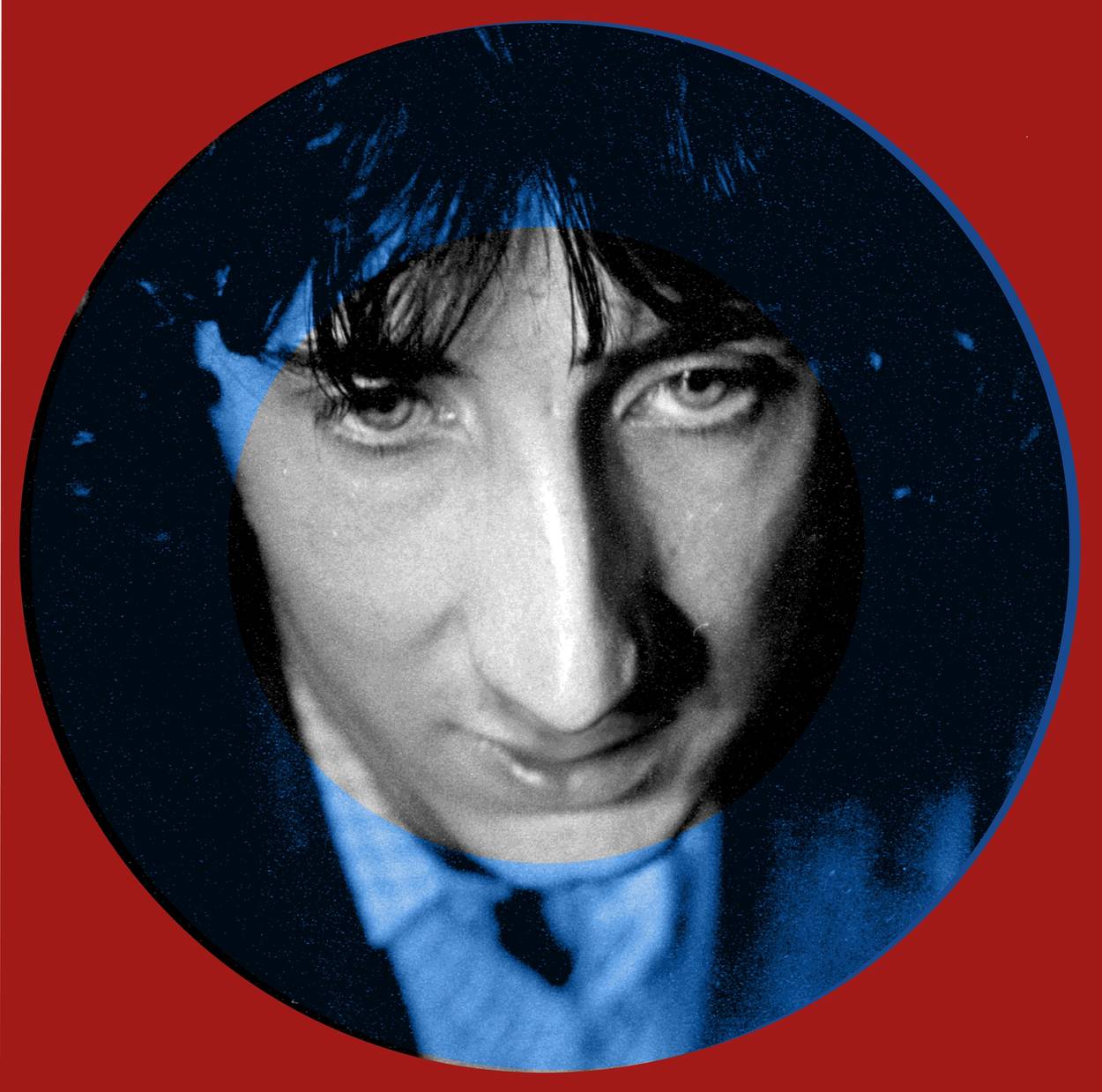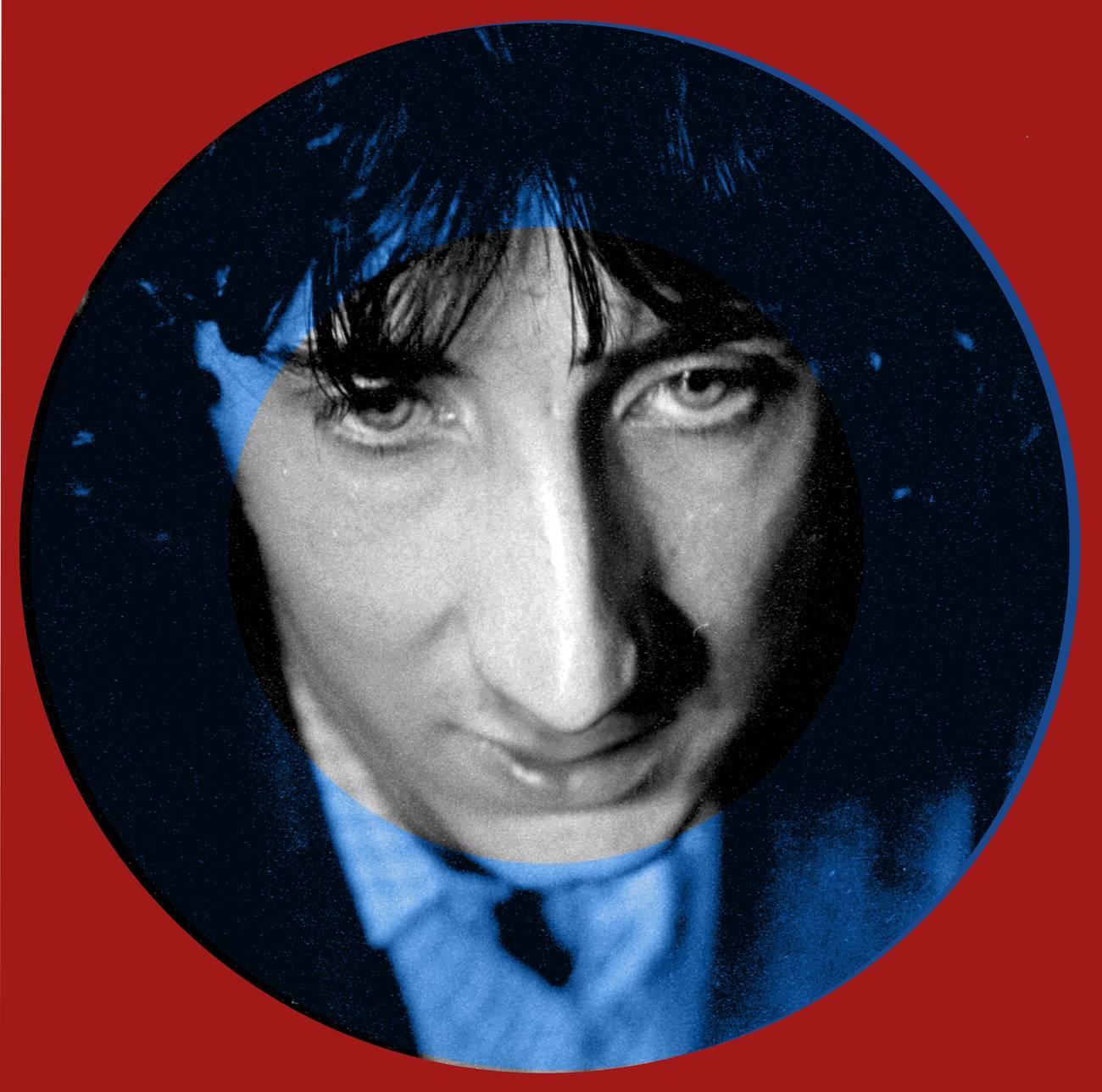Pete Townshend’s Nose
Hope I get old before I die




When some 11-year-old boys were fixated on sports I was reading biographies of rock stars. Dave Marsh’s Before I Get Old: The Story of The Who instigated my daily morning viewing of The Kids Are Alright on the family Betamax, which introduced me to Pete Towshend and his legendary nose. It was this nose that became my obsession. It was—still is—enormous. It has been described as “epic,” perhaps in the sense that it has endured a long series of tribulations. The scruffy young guitar smasher, the ambitious rock opera composer, the 30-something neurotic alcoholic, the sober 40-something Faber & Faber editor—all the way to the disgraced sexagenarian suspected for purchasing child pornography to the septuagenarian rock god roaming arena stages with no fucks left to give. It is his constant companion—his id, his muse, his ornament.
Of the nose we can say this: It’s not a classic aquiline nose, like De Niro’s or Adrien Brody’s. It’s more like a steep mountain, right-angled with rigid turns. Bono, while inducting The Who into the Rock & Roll Hall of Fame, said that, in rock music, you need good management, good equipment, good songs, but more than that, you need a great nose. “Some people chop them off,” he noted. “We call those people pop stars.” Ringo, Ray Davies, Ron Wood, Art Garfunkel—even Bono himself—they all participate in this tradition. Yet Townshend’s nose is the heavyweight champion. It’s an English nose unlike most any other, turned up to eleven.
I never thought Townshend was Jewish, but there was never a time he didn’t seem Jewish. Along with the nose came the neurosis, the ambition, the big words, the self-effacement. Roger Daltrey, the mic-swinging lead singer of The Who, didn’t write, and, to my ears, didn’t sing any better than Townshend. He was just muscle and blond. When Daltrey first met Townshend, he described him as “a nose on a stick.” Daltrey seemed like a bully. Townshend seemed like the kid getting bullied, until he would, one day, rise up and take it out on all those guitars. Whenever I heard Townshend’s demos for Who songs, I fell for their vulnerability, the tenderness, the frustration. You could somehow hear the nose.
Townshend’s adenoidal asides were crucial in Who songs: “Don’t Cry. Don’t raise your eye. It’s only teenage wasteland.” This is meant to be reassuring, but he sounds like a man in crisis. At 11, the notion of teenage wasteland—let alone adult wasteland—was as exotic as the titillating adolescent fare I was watching. I didn’t know if my own nose would get that big, but then, what if it did? I took courage. If he could make it, nose and all, there could be some hope for me. I would go to clothing stores at the mall and look at myself in three-way mirrors. Standing there, I thought about Pete and wondered what I would have to smash for notoriety. By the time I was 14—when my one goal, above all else, was to get a girlfriend—I looked in those three-way mirrors and thought, “Is that me?”
In 1982, Townshend broke up his band and took over T.S. Eliot’s old editor job at Faber & Faber, where he made two appearances a week at the office, dropped off and picked up by a limo. He put out an awful collection of his own prose called Horse’s Neck, and another solo album—White City, called “a novel.” The Who reformed in 1985 to play Live Aid, and by 1989 Townshend was suffering from tinnitus—a rock star occupational hazard. Playing acoustic shows, he gave his windmill parts to an unsober Joe Walsh. That same year, Townshend collaborated on an album with then poet laureate Ted Hughes.
He has now published his first novel, titled The Age of Anxiety. (He’s 74. He’s working it out.) When Townshend wrote “Hope I die before I get old,” he didn’t mean he didn’t want to get old. He just didn’t want to become an upper-class twit. These objects of contempt who seemed worse than death were, he later sang, “hiding behind an eminence front.” Getting old looked better if you could be Duke Ellington or Sonny Boy Williamson.
In 1989, when I was 16, I got to see the The Who for the first time. A rich girl bought me a floor seat to their show at the Cotton Bowl, where they didn’t play a single song from The Iron Man, the Ted Hughes collab. They did do a cover of “Born on the Bayou.” (Credence was Townshend’s only happy memory of Woodstock.) When he played the opening chords to “Rough Boys,” from Empty Glass, I screamed like a girl, then felt like the only person at the Cotton Bowl who recognized it. “See you in another fuckin’ life,” said Townshend at concert’s end, but in his end there was another beginning. They would, apparently, never go away.
Zak Starkey, son of Ringo, would join up with The Who on drums in the ’90s, a junior partner in a corporate rock behemoth probably big enough to trade on Nasdaq. It turned out that Townshend found a way to avoid becoming an adult—still doing windmills for stadium audiences in his 70s. But he was old when he was young, too. He strode the world’s largest stages with a certain reluctance. The music was aggressive, but he was taciturn, and kind of awkward. Exceedingly neurotic, he questioned himself and his role as a rockstar throughout his whole career.
Maybe Townshend was never comfortable with that nose, or his sexuality, or his whole persona. In his late-50s he was brought up on charges for obtaining child pornography. He said he’d looked at the images as research for a memoir, which dealt with his own experience as an abuse survivor. If you are familiar with Tommy, this certainly sounds credible. Of course, I had no idea any of this would happen when I was an emerging Pete Townshend fan, when I was just a boy, presumably the age of the kids in those images.
I knew I loved the music, the ambition, the neurosis, the nose. (I thought Bruce Springsteen was Jewish then, too, which I thought must have been an altered Springstein.) Townshend once said that he had to go onstage, because if he didn’t, those kids out there would be finished—they’d have nothing to live for. That, he said, was rock ’n’ roll. I was one of those kids. And even when I thought I had grown beyond him, part of me still is.
When he started releasing solo albums—Who Came First (1972), Rough Mix, with Ronnie Lane (1977), and especially Empty Glass (1980), he didn’t need to hide behind his band anymore. It was he, not Roger Daltrey, who was the bad man, the sad man behind blue eyes. No one knew what it was like. In the ’80s, he seemed to be phoning it in with The Who while saving his best stuff for his own private gestalts. He was letting it all out—his drunkenness, his desperation, his sexual frustration. There’s plenty of homoerotic longing on Empty Glass. In a song he said he wrote for Bette Midler, Townshend sang, “He laid me back like an empty dress.” Such disclosure was as epic, and as palpable, as the nose. Recriminations fester, he sang on “Slit Skirts.” And they did.
Lately, I’ve been pressing repeat on “I Am an Animal” from Empty Glass. On the album cover, Townshend, at a bar, stares into space, looking suicidal. He has a couple of babes on either side to take the edge off. He needs help, and in this song, he gives a stunning cry for it. He goes full falsetto on the chorus. He finds his prey, he attacks, you’d better watch out. Or he had better watch out for himself:
I am an animal
My teeth are sharp, and my mouth is full
And the passion is so strong
When I’m alone, loneliness will change me
Townshend has his appetites and he has the means to satisfy them. But only humans are aware of their passions. Only humans get lonely. Animals can smash things. Humans can reflect upon them.
I am a human being
And I don’t believe all the things I’m seeing
I’ve got nowhere to hide anymore
I’m losing my way
Human beings are animals, but not vice versa. Rock ’n’ roll is brute force, but then people get older, read things, experience things, want to write suites, operas, and books. “Hope I die before I get old” turned out to be bravado. He started to age—just barely—and wonder what it was all about, all in public, all for those kids who would be finished if he didn’t go on. The demo for the title track of Empty Glass was recorded with Keith Moon. Much of the rest was written on the tour that followed, after Moon’s death. Townshend was facing where all his debauchery could take him, and the reality was painful. “However much I booze,” he sang, “there ain’t no way out.” Eventually, he found one.
In 1985, Bob Geldof persuaded The Who to do a one-off reunion appearance for Live Aid. Townshend wrote a song for the occasion, “After the Fire,” but they didn’t have time to rehearse it, and he gave it away for a Roger Daltrey solo album. He did, though, perform the song live at Earl’s Court in 1986 and recorded the concert. This—with David Gilmour on electric guitar—is the only version you need. The song was about putting out the fire of famine, but it was really about living past the hormonal avalanche of adolescence and finding you had something burning in you still. As one ages, the urges are less straightforward. They’ve gotten complicated. And the more aware he is of himself, the weirder it gets. He still finds himself wanting more. The political becomes personal and the personal gets excruciating:
After the fire the fire still burns
The heart grows older but never ever learns
The memories smolder and the soul always yearns
After the fire, the fire still burns
He made a career giving meaning to all those kids out there who needed something to live for. He was writing for a rock star demonstration of putting out a fire, but his own fire cannot be extinguished. He’s writing about Africa, but he’s writing about himself. He can never get his youth back, and is uneasy about what awaits. It’s the secret history of Pete Townshend, and it’s out there like an open wound.
A note, then, to my 11-year-old self: Adulthood will happen. The nose will fill out. You will accept what you see in the three-way mirror. You and your nose will go places. Things are going to be so much better and so much worse than you could possibly imagine.
Listening to you I get the music
Gazing at you I get the heat
Following you I climb the mountain
I get excitement at your feet
You will think you have outgrown Townshend, but you will be drawn back into him when you least expect it. You will age. You will become more tender. You will find something to live for.
David Yaffe is a professor of humanities at Syracuse University. He is the author, most recently, of Reckless Daughter: A Portrait of Joni Mitchell. Follow his Substack: davidyaffe.substack.com.